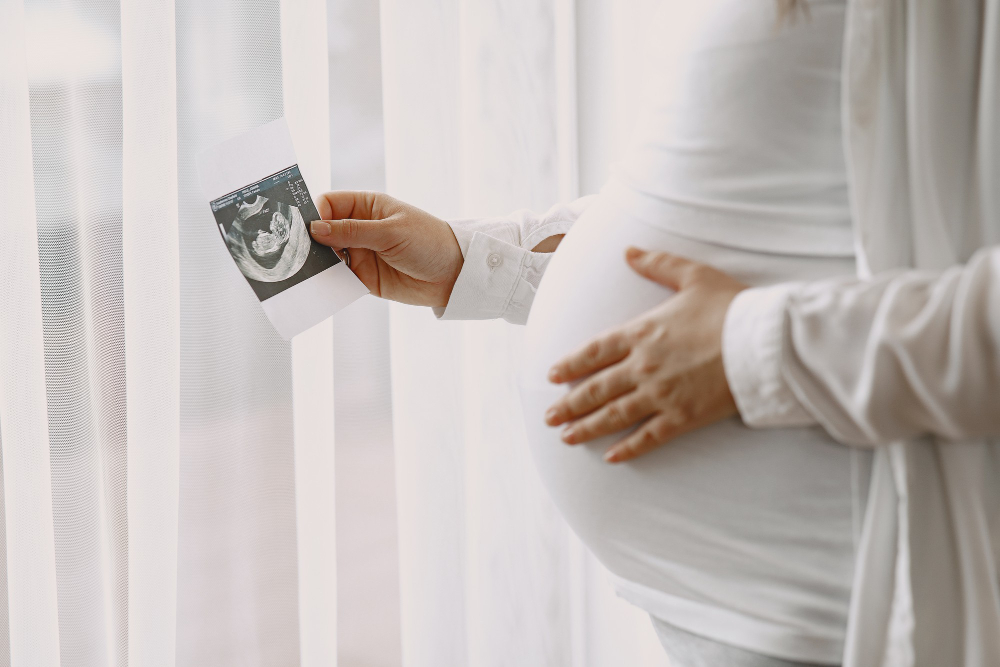Introduction
Many people wonder, “Can IVF cause birth defects?” IVF, or in vitro fertilization, helps many couples have children. However, some worry about the risks, including birth defects. In this blog, we will explore what science says about IVF and birth defects. We will also look at how clinics work to keep babies safe.
Understanding IVF
IVF stands for in vitro fertilization. It is a process where eggs and sperm are combined outside the body. After fertilization, doctors place the embryo into the woman’s uterus. IVF helps people who have trouble getting pregnant naturally. For many families, IVF offers hope and a chance to have a baby.
What Are Birth Defects?
Birth defects are health problems that a baby has at birth. These can affect how the body looks or works. Some common examples include:
Some birth defects are mild, while others can be serious. Many birth defects happen by chance, but some have known causes.
Research on IVF and Birth Defects
So, does IVF increase birth defect risk? Studies from the CDC and other groups have looked at this question. Most research shows that babies born through IVF have a slightly higher risk of birth defects compared to babies born naturally. However, the overall risk is still low. For example, the CDC reports that about 3% of all babies have a birth defect, whether born through IVF or not. IVF babies may have a risk closer to 4%.
Still, most babies born through IVF are healthy. Also, newer studies suggest that the small increase in risk may be due to other factors, not IVF itself.
Possible Causes and Risk Factors
Why might IVF and birth defects be linked? Several reasons could play a role:
However, experts agree that most risks are small. In many cases, the cause is not IVF itself but other factors.
How IVF Clinics Minimize Risks
IVF clinics work hard to keep babies safe. For example, they:
Because of these steps, IVF safety has improved over the years. Many clinics also offer counseling to help parents understand risks.
What Parents Should Know
If you are thinking about IVF, it is normal to have questions. Here are some tips:
Remember, most IVF babies are born healthy. Still, knowing the facts can help you make the best choice for your family.
Conclusion
In summary, can IVF cause birth defects? Research shows a slight increase in risk, but most IVF babies are born healthy. Factors such as age and genetics play a bigger role than IVF itself. IVF clinics take numerous precautions to minimize risks and support families in having healthy babies.
Consult a fertility or obstetrics specialist at Lakshmi Nursing Home for personalized guidance and care.

